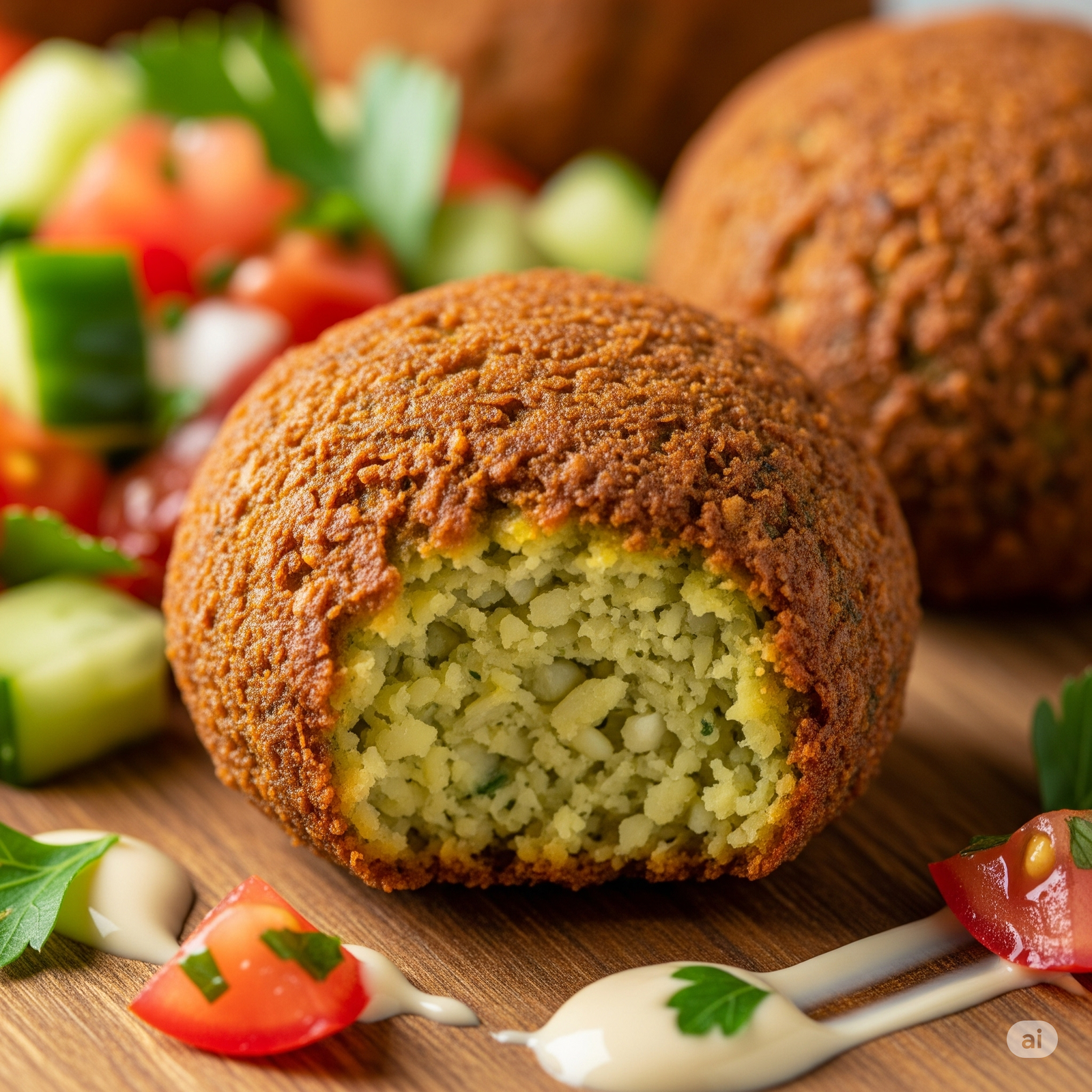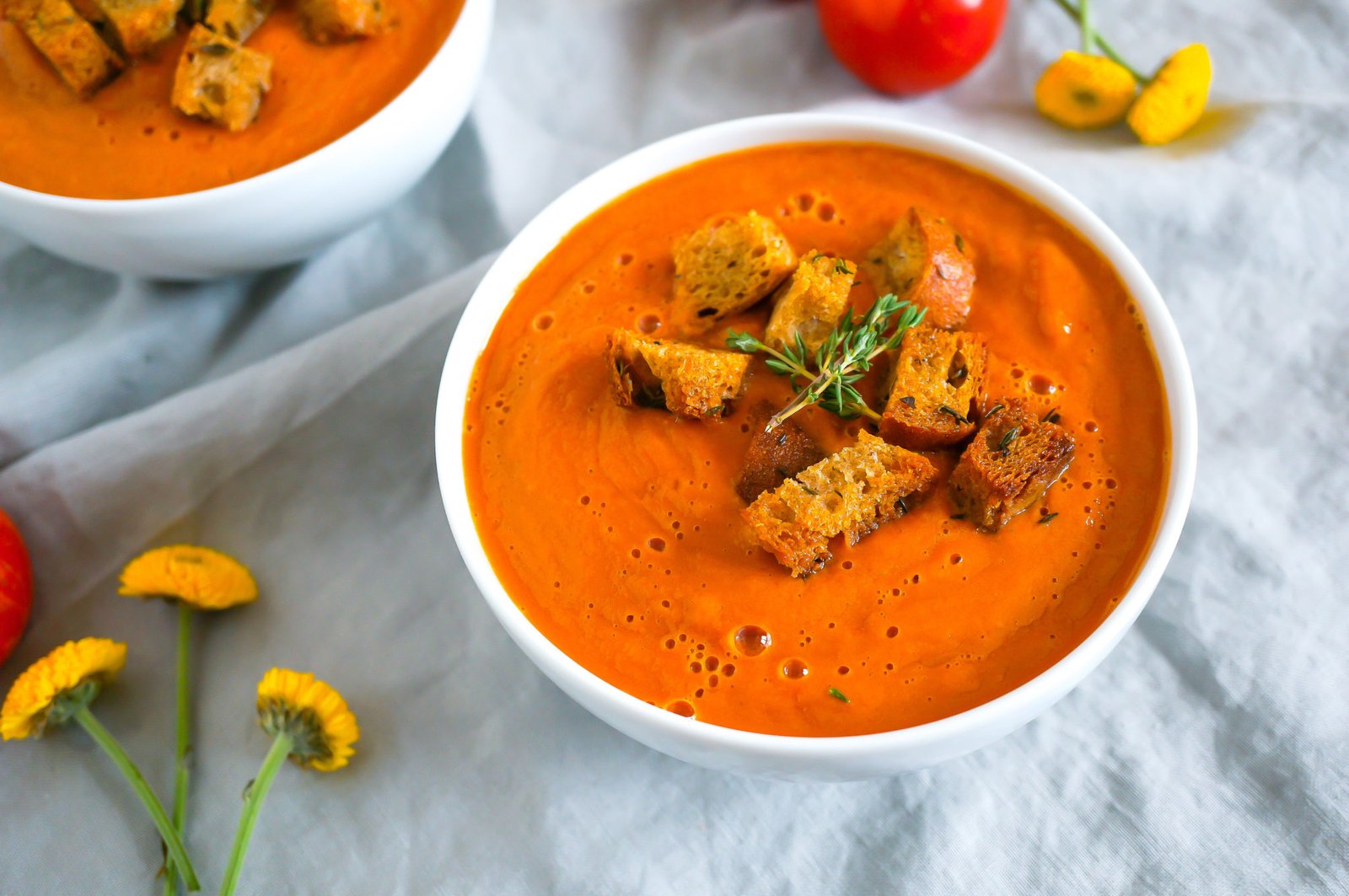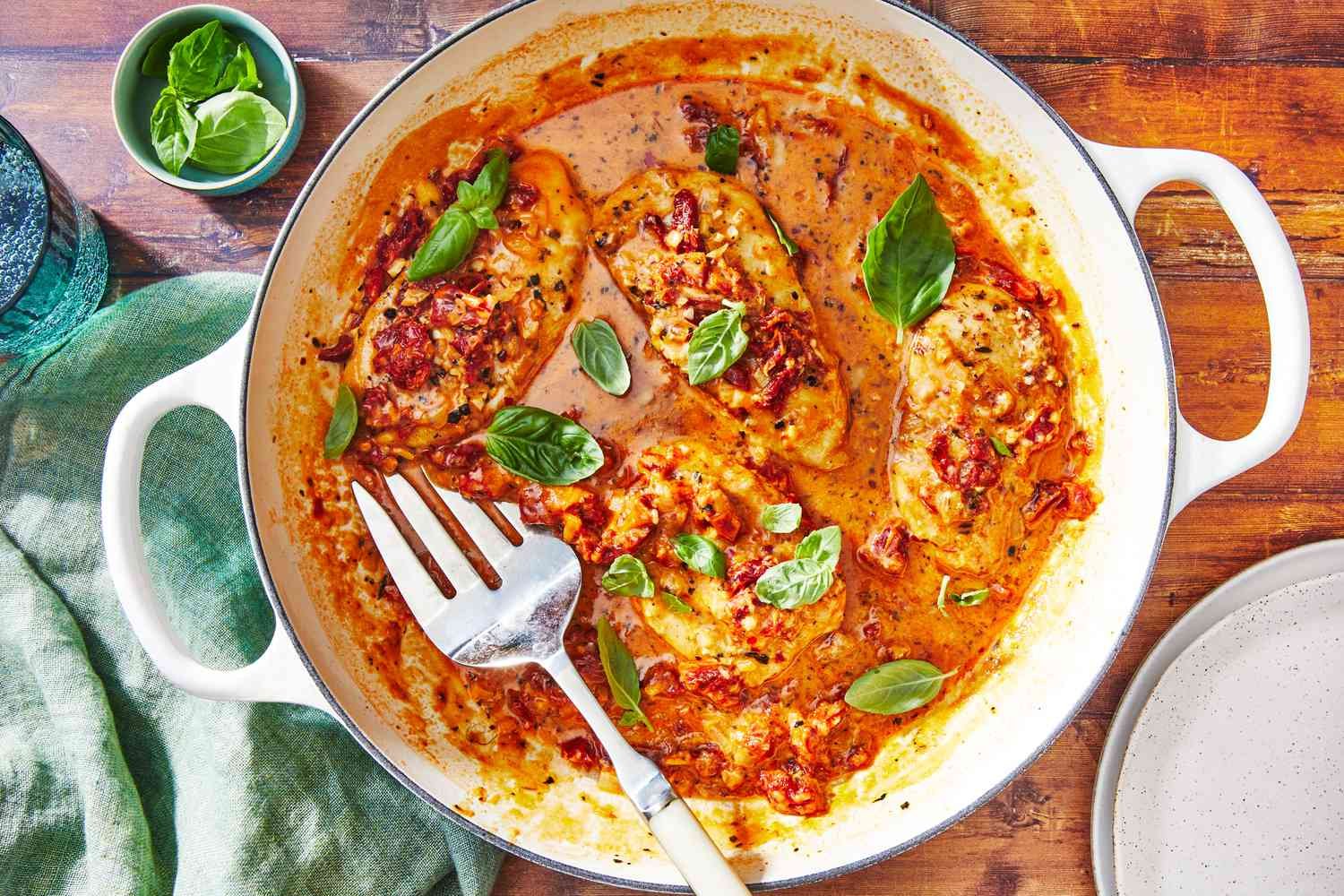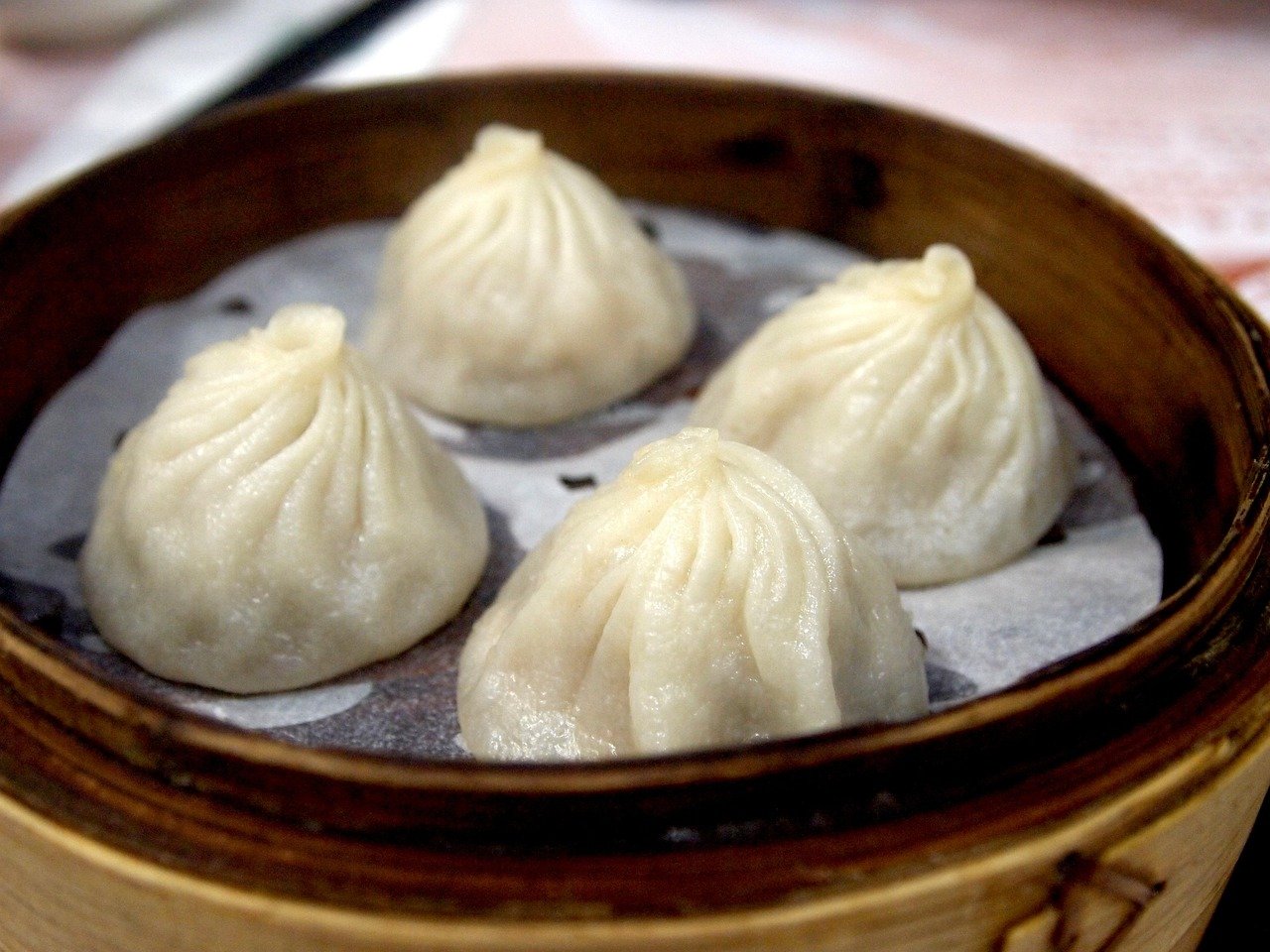Falafel is more than just food; it’s a symbol of tradition, culture, and comfort. Bite into a falafel that’s fresh, crispy on the outside, soft on the inside, and you’ll know exactly what we mean. But achieving the perfect texture and flavor at home can feel intimidating. If you’ve only had dry or greasy falafel, it’s time to turn the tables.
This guide will teach you how to make mouthwatering crispy fried falafel from scratch. From assembling fresh ingredients to frying techniques, we’ll cover everything you need to create falafel that rivals your favorite restaurant.
Get ready to level up your falafel game!
What is Falafel?
A Cultural Delight
Falafel is a Middle Eastern staple with a story as rich as its flavor. These deep-fried patties or balls are typically made from ground chickpeas or fava beans, blended with herbs and spices. Although its exact origins are debated, falafel holds immense cultural significance across the Middle East and beyond.
Ingredient Essentials
Traditional falafel recipes call for a few core components:
- Dried Chickpeas or Fava Beans: The foundation of the dish.
- Fresh Herbs: Parsley, cilantro, and dill add brightness.
- Aromatic Spices: Cumin, coriander, and garlic bring depth and warmth.
- Binding Ingredients: Flour or tahini is often added to hold the patties together.
Regional Variations
- Egyptian Ta’amiya: Made with fava beans instead of chickpeas.
- Israeli Falafel: Seasoned heavily with spices like za’atar.
- Lebanese Falafel: Known for its lighter, herbal-forward taste.
Gathering Your Ingredients
Why Dried Chickpeas Are Key
Skip the canned chickpeas! Dried chickpeas, soaked overnight, provide the perfect firm, starchy texture necessary for authentic falafel.
Fresh Herbs for Flavor
Brighten up your falafel mix with parsley, cilantro, or even mint. Herbs don’t just enhance taste; they add that beautiful green tint and bring freshness.
The Spice Blend
Spices like cumin and coriander are non-negotiable here. Add garlic for a savory kick and a pinch of cayenne for heat if you like it spicy!
Other Must-Have Ingredients
- Onion (sweet or yellow works well)
- Baking Soda (for lightness and fluffiness)
- Flour (if needed to bind the mix)
- Optional but delightful? A drizzle of tahini in the mix!
Step-by-Step Preparation
1. Soak the Chickpeas
Place dried chickpeas in a large bowl and cover them with water until they’re submerged by at least 2 inches. Leave them to soak overnight, as this softens them and improves texture.
2. Grind the Mixture
Drain the chickpeas and blend them in a food processor with the herbs, onions, garlic, and spices. The goal? A coarse, grainy texture that can hold its shape when pressed.
3. Add Your Flavors
Mix in baking soda for a light texture and flour or tahini to help bind the mixture. Adjust salt and spices as you go – bold seasoning is the secret to magical flavor.
4. Rest the Mixture
Chill the dough for 30 minutes to 1 hour. This allows everything to set, making it easier to shape the falafel into balls or patties.
Achieving the Perfect Crispy Texture
Mastering the Fry
Oil Temperature Matters
Heat vegetable oil to 350–375°F. Too cool, and the falafel will soak up oil; too hot, and they’ll burn.
Frying Technique
Carefully lower the falafel into the oil and fry in batches. Avoid overcrowding the pan to maintain even cooking. Fry for 3–4 minutes until golden brown and crisp.
Healthier Alternatives
- Baking: Lightly brush falafel with oil and bake at 375°F for 25-30 minutes.
- Air Frying: Mist with oil and air fry for 12–15 minutes at 375°F.
Common Troubleshooting
- Crumbly Falafel: Adjust with more flour or tahini.
- Burnt Exterior, Raw Center: Reduce oil temperature.
Serving Suggestions
Classic Pairings
Falafel shines when served in a warm pita stuffed with fresh veggies, hummus, and a drizzle of tahini sauce.
Creative Twists
- Add falafel to grain bowls with quinoa or couscous.
- Top a salad with crumbled falafel for a protein boost.
- Make a falafel wrap with pickled veggies and hot sauce.
Sauces and Sides
Pair with tzatziki, schug (a Yemeni chili sauce), amba (tangy mango pickle), or even garlic aioli for a flavorful sidekick.
Health Benefits of Falafel
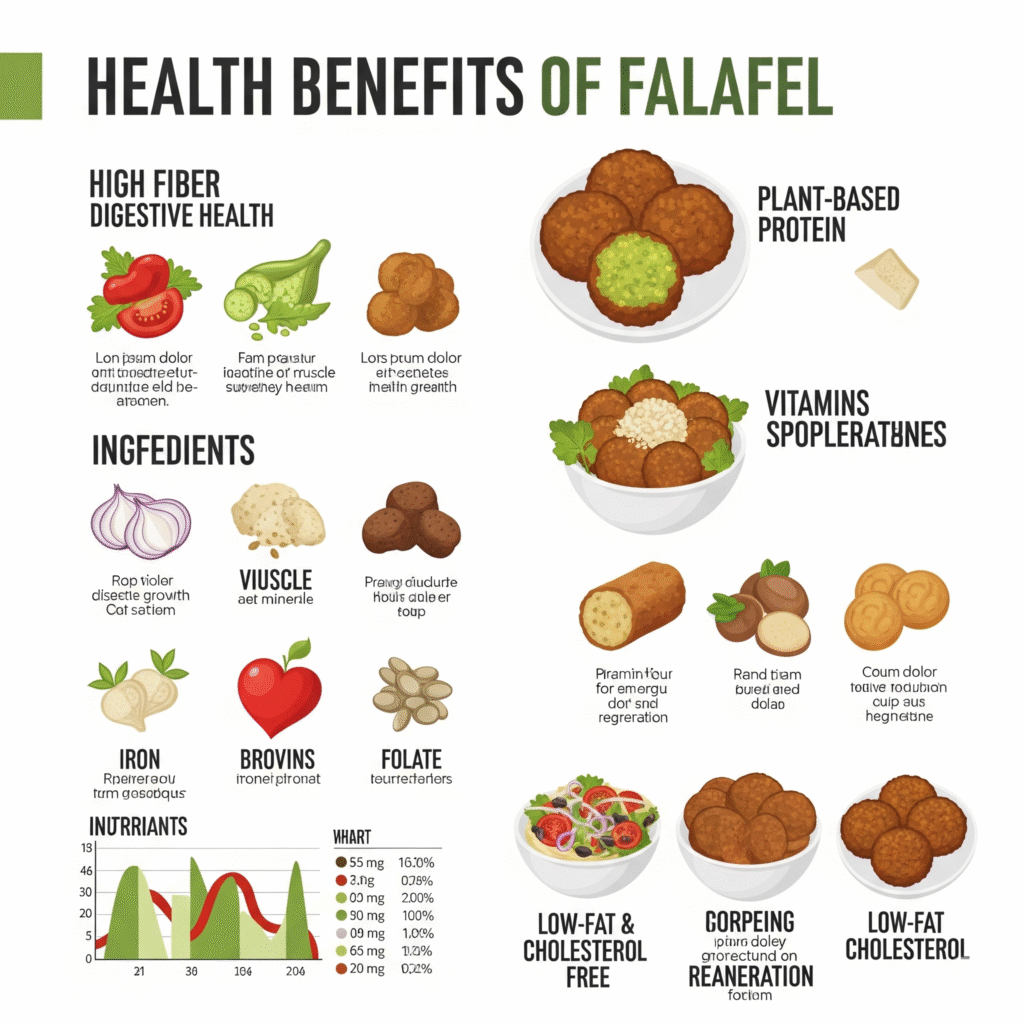
Nutritional Highlights
Falafel is packed with plant-based protein, fiber, and vitamins. Chickpeas are a rich source of iron and magnesium, while herbs and spices add antioxidants and anti-inflammatory benefits.
Dietary Flexibility
Falafel is naturally vegetarian and can easily be adapted for vegan and gluten-free diets by substituting gluten-free flour.
Balance and Moderation
While falafel is nutrient-rich, it’s fried, so it’s best enjoyed in moderation. Opt for baked or air-fried options for a healthier twist.
Common Mistakes to Avoid
- Using Canned Chickpeas
Resulting falafel tends to turn mushy and fall apart while frying. Stick with dried chickpeas for the perfect texture.
- Overprocessing the Mixture
This creates a gummy texture, which prevents your falafel from crisping up properly.
- Underseasoning
Since chickpeas are fairly neutral in flavor, bold seasoning is essential for authentic falafel.
Storing and Reheating Falafel
- Refrigerating: Store leftover falafel in an airtight container in the refrigerator for up to 4 days.
- Freezing: Freeze uncooked falafel balls to fry later, or cooked falafel for reheating.
- Reheating Tip: To maintain crispness, warm cooked falafel in an oven or air fryer instead of a microwave.
People Also Ask
What is the main ingredient in falafel?
The main ingredient is dried chickpeas, although fava beans are used in some regional adaptations.
Can I freeze falafel mix?
Yes! Store the uncooked mix in an airtight container for up to 3 months.
What oil is best for frying falafel?
Use neutral oils with high smoke points, like vegetable or canola oil.
Master the Art of Falafel Today
Perfectly crispy falafel is within your reach with the right ingredients, techniques, and a bit of patience. Whether you enjoy them nestled in warm pita bread, scattered over a salad, or center stage on a mezze platter, these little bundles of joy are sure to win over your taste buds.
Now it’s your turn to shine in the kitchen! Gather your ingredients, follow our steps, and savor every crispy, flavorful bite of homemade falafel.

